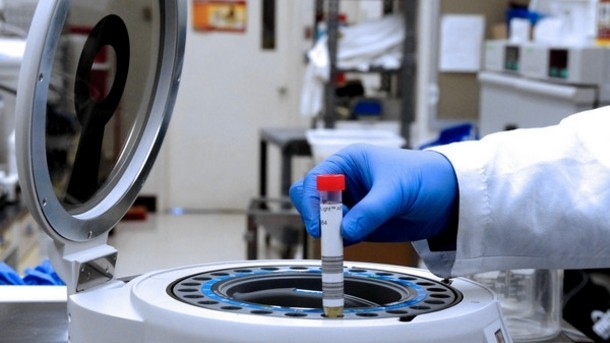China direct
Watchdog revises standards, begins regulatory process for online sales

First, the national food and drug watchdog announced its course of action after the State Council’s recently issued a national strategy on food safety as part of its the 13th Five-year plan, which will last until 2020.
In it were calls for improved supervision of whole-process control and whole-chain regulation of food, said the China Food and Drug Administration, especially on source control and risk prevention.
It has also stipulated that at least 97% of food tests should meet quality standards, prompting the CFDA to develop an improved inter-departmental mechanism for prosecuting offences.
The plan also requires no less than 300 food safety standards to be revised during the five year period.
On Wednesday, the CFDA released a draft regulation on online food services for public opinions, proposing that any food delivery business providing an online service should also have a physical outlet and a food business license.
There are concerns about the hygiene conditions at the production plants that serve that the 152bn yuan (US$22.1bn) market.
“A physical store may not necessarily be a foolproof way to protect consumers, but at least it means the industry can be supervised, and when there is a problem with food safety or any infringement on the rights of consumers those responsible can be found,” People’s Daily wrote in an editorial.
“Restaurants, whether online or offline, should have the necessary business licenses, including a food hygiene license. The draft of the new regulation may prompt more people to care about the issue.”
More stories from China…
China’s top court rules for Novozymes to end long-running patent case
In a “landmark” intellectual property ruling, China’s supreme court has decided in Novozymes’ favour in a trial against two competitors accused of infringing its enzyme patent.
The dispute began in 2011, when Novozymes found evidence that Shandong Longda Bio-Products and Jiangsu Boli had been producing and selling Novozymes’ proprietary glucoamylase enzyme for use in the bioenergy and beverage industries, violating one of the Denmark-headquartered company’s Chinese patents.
Over the next two years two courts in Tianjin ordered Longda and Boli to stop making and selling the products and pay statutory damages totaling 1.7m yuan (US$250,000) to Novozymes.
Following appeals by the two Chinese companies, which argued that the patent had been invalid, the case subsequently passed through various levels of the court system before arriving at the Supreme People’s Court of China, which upheld the patent. The court’s verdict is final and cannot be appealed.
Mikkel Viltoft, Novozymes’ general counsel, commended China’s patent and court system for “taking an important step towards protecting biotech innovations”.
“This landmark verdict will spur growth and investments in China and encourage local inventions, and it shows that China is serious in its efforts to protect intellectual property rights.
“We firmly believe it is in society’s best interest that intellectual property rights are respected, as this provides the necessary incentive to invest in tomorrow’s innovations,” Viltoft added.
Novozymes said in a statement that it now expects that the original infringement decision from 2011 to be respected.
The judgment from the Supreme People’s Court of China does not change Novozymes’ financial outlook for 2017.
Novozymes opened its first office in Beijing in 1995 and today has more than 1,000 employees across six sites in China, where the company operates both research and development, production, sales, marketing and other support functions.
Market update: China drives global lobster demand as supplies tighten
An increase in demand from China, combined with tight global supplies, has caused a surge in lobster prices, with the European Union reporting a 38% spike year on year at the start of February.
According to Mintec, the commodities analyst, the world’s lobster supplies have tightened, due to poor catches in America and Canada, the world’s biggest producers. In Nova Scotia, a major fishing area on the east coast of the continent, unfavourable cold weather conditions disrupted catches throughout December and January.
Demand for lobster in China rose throughout 2016, driven by continuing growth in middle-class numbers and shifting consumer preferences.
Lobster exports to China from the UK, the EU’s biggest producer, increased 71% year on year to 14,800 tonnes in the first 11 months of 2016.
Recently, China has further increased its imports of lobster from the EU, particularly during the Chinese New Year, due to tight supplies elsewhere.










